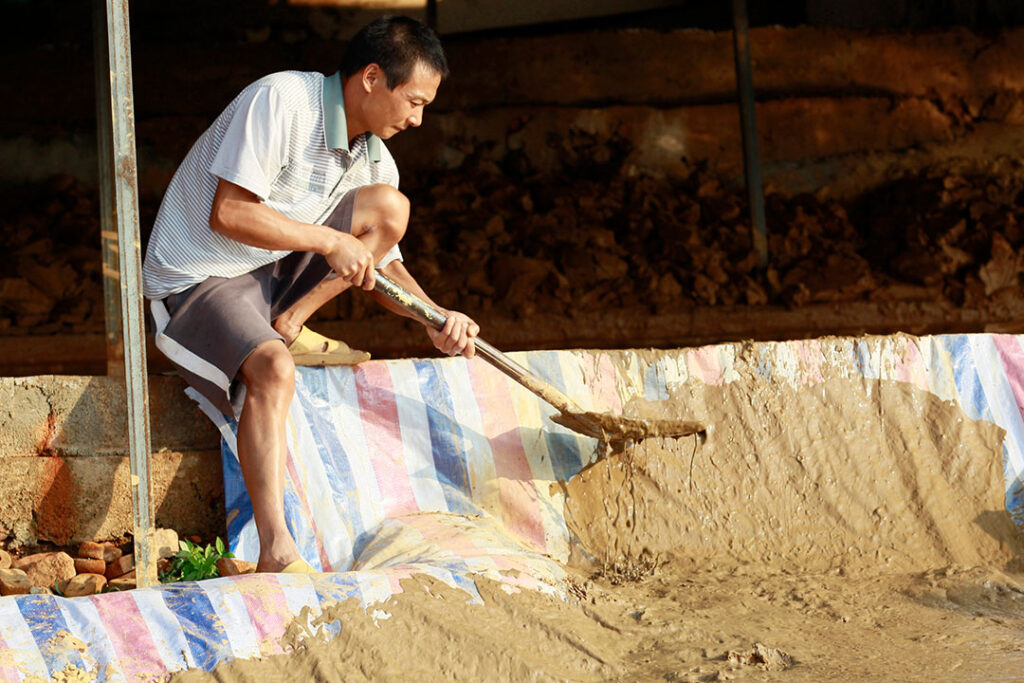By Prince Ahenkorah
The Global Initiative Against Transnational Organized Crime, has unveiled a shocking report, exposing the expanding criminal networks in Ghana’s gold mining sector.
The report, presented by Global Initiative on June 4, 2025, indicated that Ghana’s artisanal and small-scale gold mining (ASGM) sector is undergoing significant transformation amid growing criminal infiltration, foreign involvement, and environmental degradation.
The Global Initiative new report, based on three years of fieldwork, satellite analysis, and interviews, provided an evidence-based mapping of illicit mining, showing how informal operations are reshaping local economies, environments, and power
structures.
“Ghana’s gold sector continues to expand and evolve, including illicit mining, processing and trade of gold. While Western and Ashanti region remain long-standing ASGM hotspots, newer fronts are opening up”.
The Savannah region, as highlighted by the report, has seen a sharp rise in activity over the past decade, with only 18% of sites surveyed there were over 10 years old, compared to about one-third in the Western region.
This, the Global Initiative report said, is contributing to high rates of gold smuggling, with estimates valuing the illicit trade to be worth more than USD 1 billion annually,” according to Marcena Hunter, Director of Extractives at the Global Initiative.
The report demonstrated how criminal actors, including transnational networks, is benefiting from weak governance and regulatory gaps in the ASGM sector and gold trade.
Using satellite imagery and predictive modelling, researchers tracked the rapid expansion of mining activity and predicted the future movement of alluvial ASGM activities.
The report presented key findings, with technologies being used to assess the spread, intensity, and impact of mining activities.
Also, the injection of investment and technology, often by foreign nationals,
particularly Chinese and Burkinabé, are significantly shaping unlicensed mining operations, gold supply chains, and financial flows.
Again, the growing use of cyanide, introduced by foreign nationals from neighbouring West African countries, is reshaping processing activities and regional financial and gold flows.
The report further indicated money laundering, as casinos in Ghanaian mining areas.
Sex trafficking is also a worrying rise in exploitation of women in mining communities, with patterns consistent with trafficking.
Power dynamics was also a key factor in the illicit mining, where the future of Ghana’s gold sector is closely linked to evolving power dynamics and competition for control and profits from the sector.
Complex networks exposing secretive networks of actors, activities, and supply chains is necessary to address challenges posed by illicit actors and markets that adapt rapidly to regulatory and market changes.
“Addressing criminality in the sector requires multifaceted, innovative, and adaptive approach that build on existing efforts”, the report stated.


